Patient-Centered Communication in Cancer Care (PCC-Ca) Instrument
$ 8.99 · 5 (324) · In stock

The PCC-Ca is a validated instrument to measure how well health care professionals communicate with patients. Publicly available in English and Spanish versions, the PCC-Ca is designed for researchers and evaluators seeking to assess patient-centered communication in health care.

Collaborative Cancer Care Model — Saskatoon Naturopathic Medicine

The Impact Of Patient Centered Care On Quality Of Patient
Patient-Centered Communication in Cancer Care (PCC-Ca) Instrument

Measuring patient-centered communication in colorectal cancer care - The Medical Care Blog
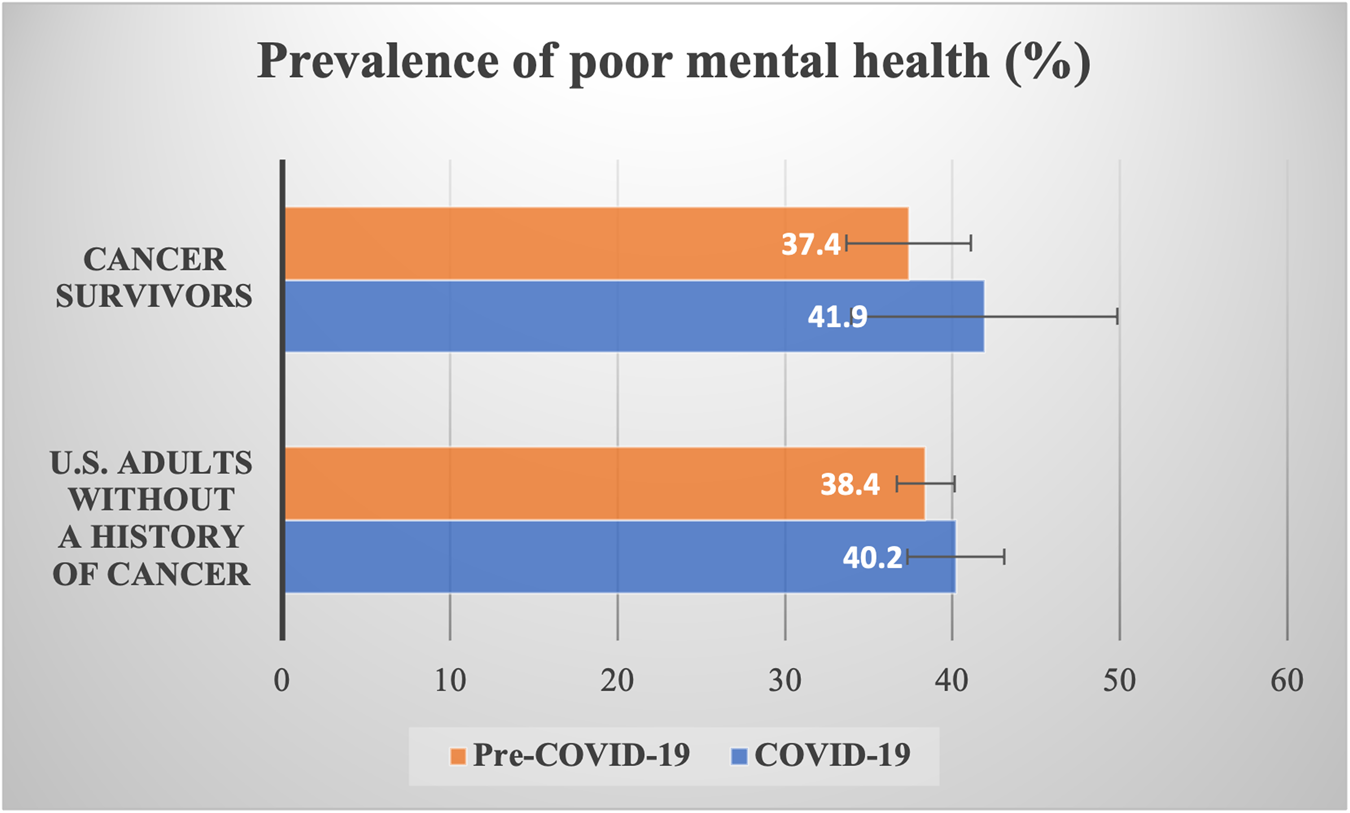
Impact of COVID-19, cancer survivorship and patient-provider communication on mental health in the US Difference-In-Difference

Improving patient-centered communication in breast cancer: a study protocol for a multilevel intervention of a shared treatment deliberation system (SharES) within the NCI community oncology research program (NCORP) (Alliance A231901CD), Trials

PDF) The Effects of Patient-Centered Communication on Patient Engagement, Health-Related Quality of Life, Service Quality Perception and Patient Satisfaction in Patients with Cancer: A Cross-Sectional Study in Türkiye

Cancer survivors with sub-optimal patient-centered communication before and during the early COVID-19 pandemic - ScienceDirect
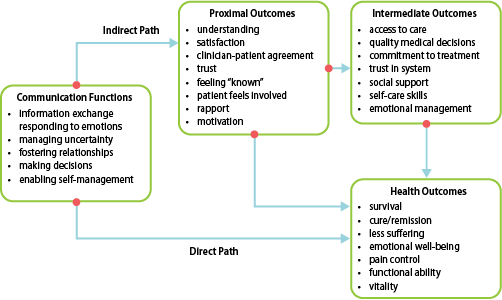
Advancing Patient-Centered Communication in Cancer Care
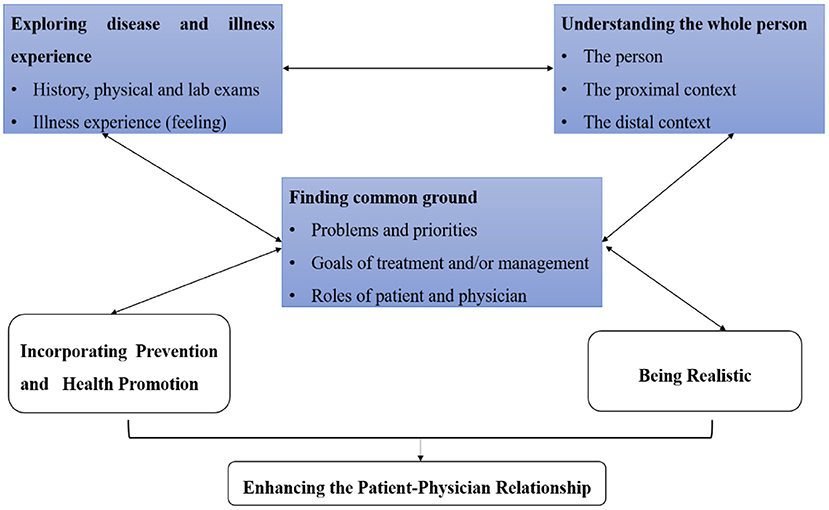
Frontiers The Association Between Patient-Centered Communication and Primary Care Quality in Urban China: Evidence From a Standardized Patient Study
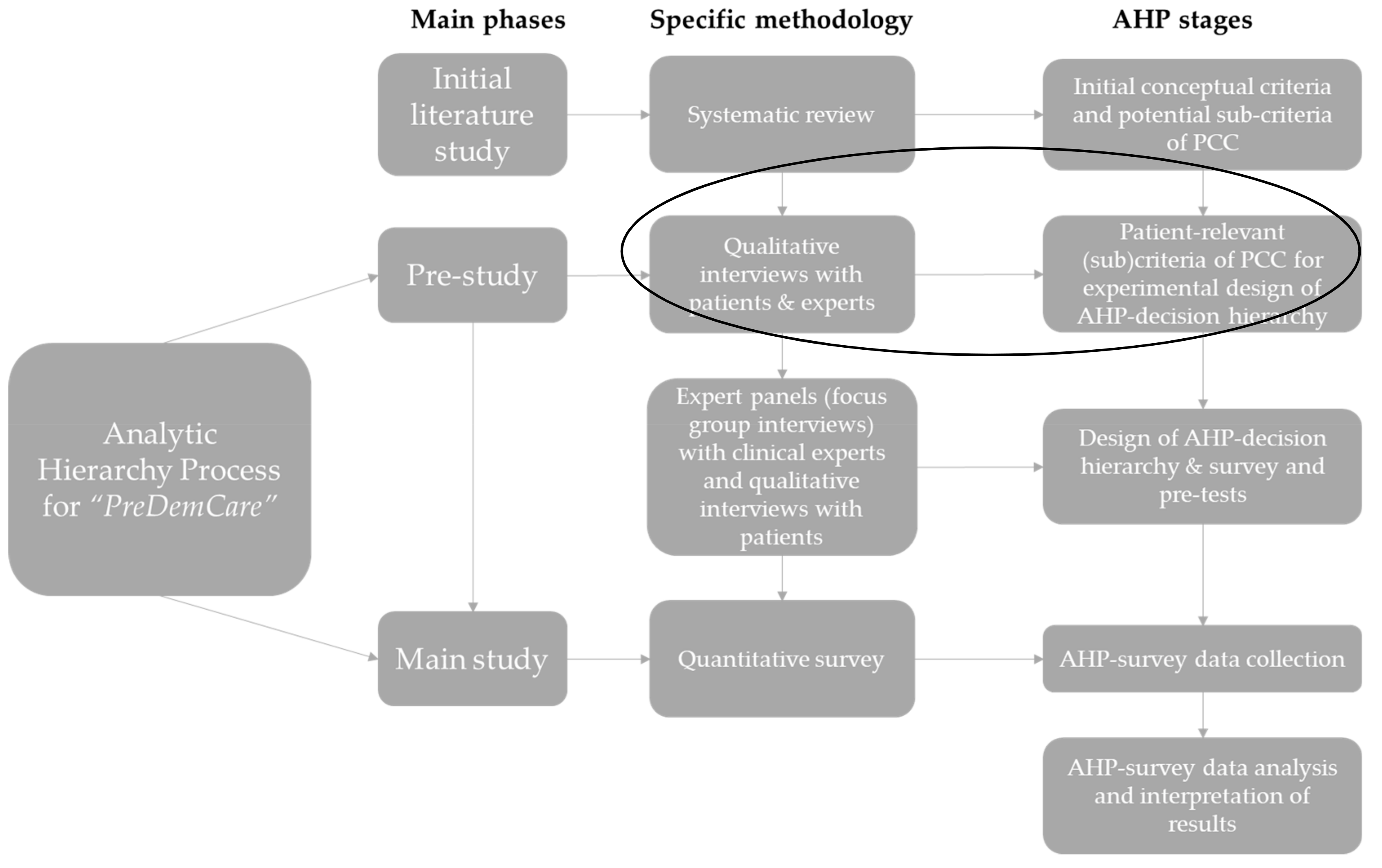
IJERPH, Free Full-Text
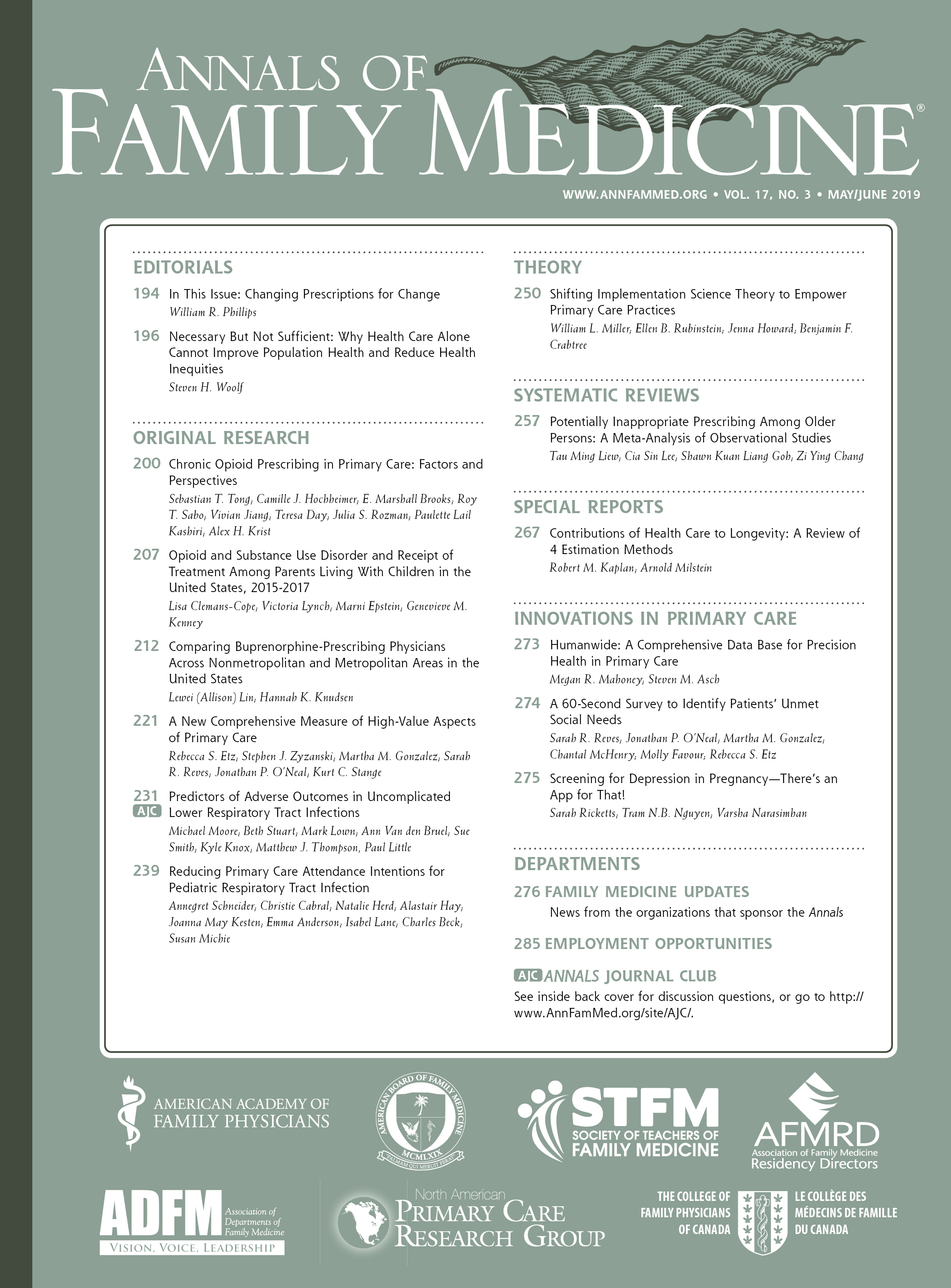
Measuring Patients' Perceptions of Patient-Centered Care: A Systematic Review of Tools for Family Medicine

A systematic review on implementation of person-centered care interventions for older people in out-of-hospital settings - ScienceDirect
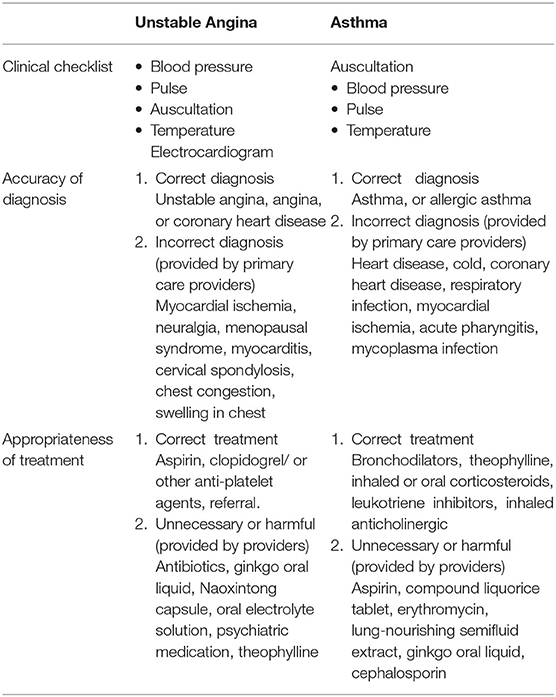
Frontiers The Association Between Patient-Centered Communication and Primary Care Quality in Urban China: Evidence From a Standardized Patient Study

Value Based Care and Patient-Centered Care: Divergent or Complementary?
